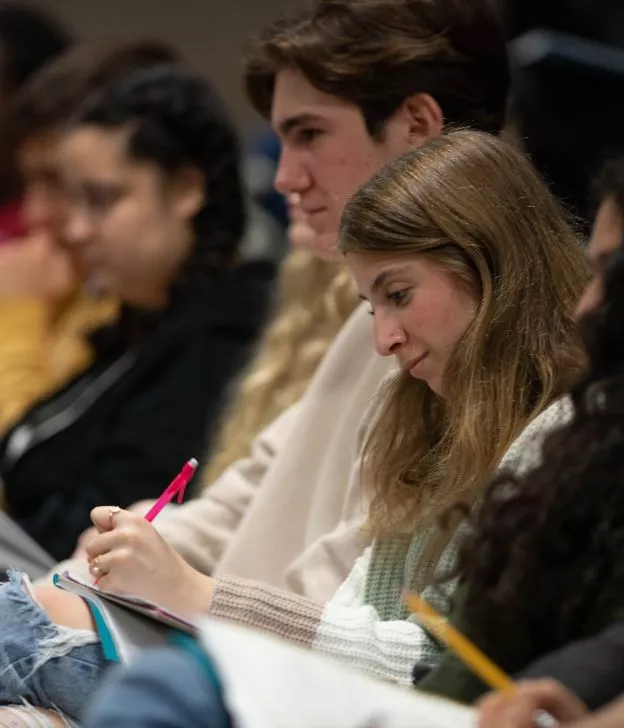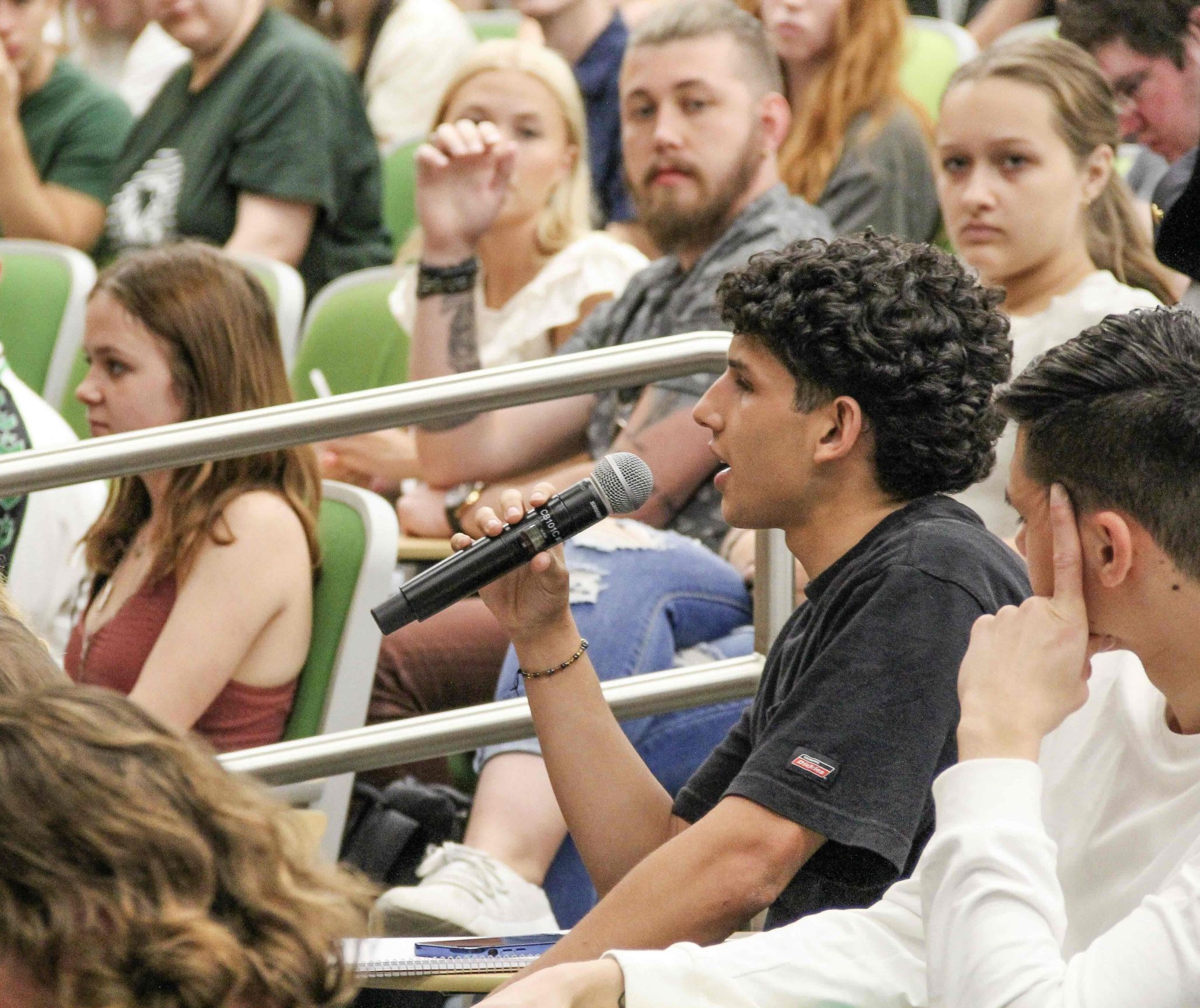
Democracy Needs Citizens Who Can Think – Not Just Act
Hans Zeiger. Nov 30, 2023
The 2020 presidential election saw the highest voter turnout in 120 years.
Former president Donald Trump received more votes in 2020 than he did in 2016, but turnout was so high that he still lost to Joe Biden. In fact, in 2020, Trump received more votes than any other presidential candidate has ever won—with the exception of Biden the same year.
In the abstract, it might seem that we should be happy about this historic voter turnout. And in a certain sense, we should be. Our democratic republic requires citizen action and participation. We should celebrate Americans going out into the public square and exercising their constitutional right to vote—and even to assemble and demonstrate. Yet Americans across the political spectrum can also agree that 2020’s historic voter turnout does not indicate historic civic health. Indeed, only 21 percent of Americans now believe that America is on the right track.
Those of us who are interested in civic education and civic health need to realize that mere metrics of participation do not directly equate with the health of our democratic republic. If Americans all decided to stop voting and to disengage from their communities, our form of government and our way of life would wither away and die. But action alone is not enough.
If our experiment in self-government is to continue, our citizenry must be thoughtful and informed—not just engaged.
– Hans Zeiger
As America prepares to celebrate her 250th birthday less than three years from now, we must ensure our citizenry understands how our government functions and knows of the particular history and circumstances that brought forth the unique ideals our country was founded to uphold.
The findings of a recent report by the Institute for Citizens & Scholars should shock us into reprioritizing civic education. According to the report, only 48 percent of young people plan to vote in the 2024 general election, compared to 68 percent of the general population. At the same time, a mere 40 percent of young people are able to correctly answer one out of four standard civics questions—and only 4 percent of respondents got all four questions right.
And this is just scratching the surface of our national civics challenge. The questions that would have likely elicited the most concerning answers were not even asked: how many young people are familiar with the main ideas of the Declaration of Independence? How many young people have a basic knowledge of the Revolutionary and Civil Wars? How many, in our next generation, have engaged with the great texts that make up the American political tradition?

In the first-ever inaugural address, George Washington commended “the enlarged views, the temperate consultations, and the wise measures on which the success of this Government must depend.” Thoughtfulness, moderation, and prudence are among the civic virtues that a good education must impart.
The lesson for educators and politicians alike is that we must reinvest in comprehensive, content-based civic education now. It is one thing to encourage students to get engaged, vote, lobby, and protest, but as a matter of first importance we need to teach the rising generation to think about our Constitution, about the important themes of democracy like equality and freedom, about the civic virtues that George Washington knew were essential, and about the responsibilities that we must shoulder as self-governing citizens. We need to give the next generation of citizen leaders a history and context from which they can orient themselves, come to their own conclusions—and then act.
The health of our nation is flagging—and the signs from our nation’s youth, which serve as a leading indicator, are blinking red. But as we begin the difficult, generations-long work of building back up our civic health, let’s remember that democracy requires thinking citizens.
Hans Zeiger is president of the Jack Miller Center, a nationwide, nonpartisan civic venture to build talent networks of educators who share a commitment to the stories, documents and values we hold in common as Americans.
The views expressed in this article are the writer’s own.
